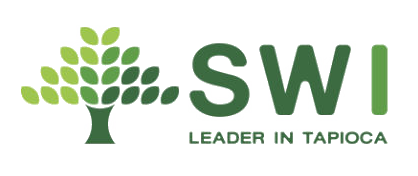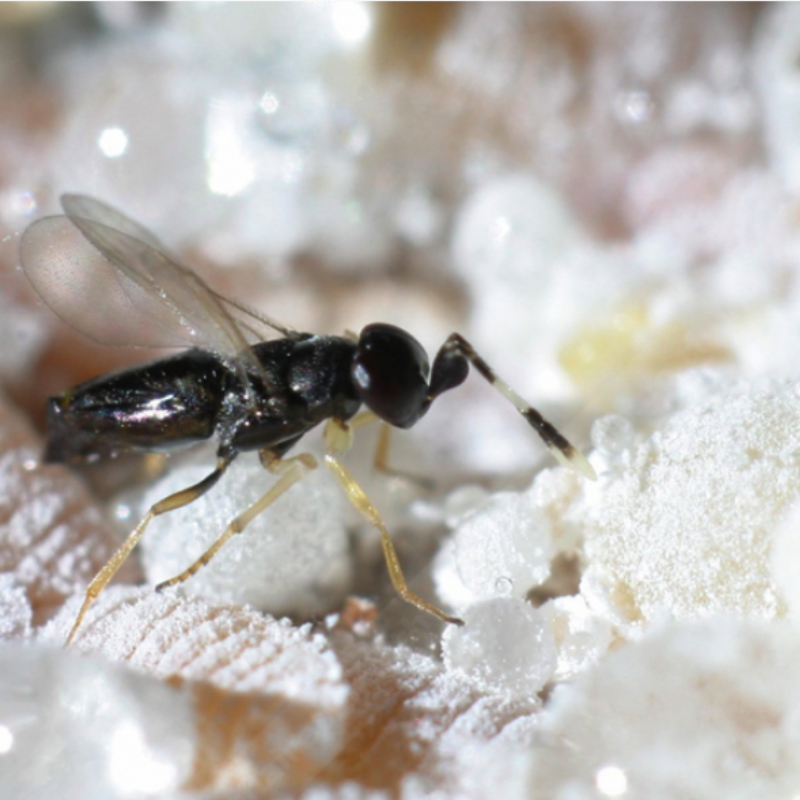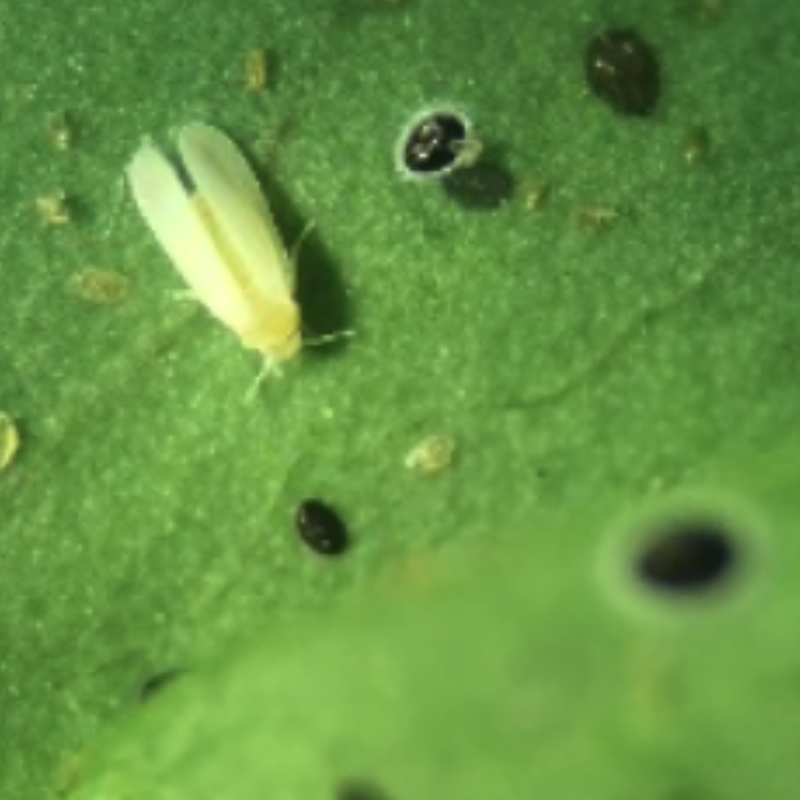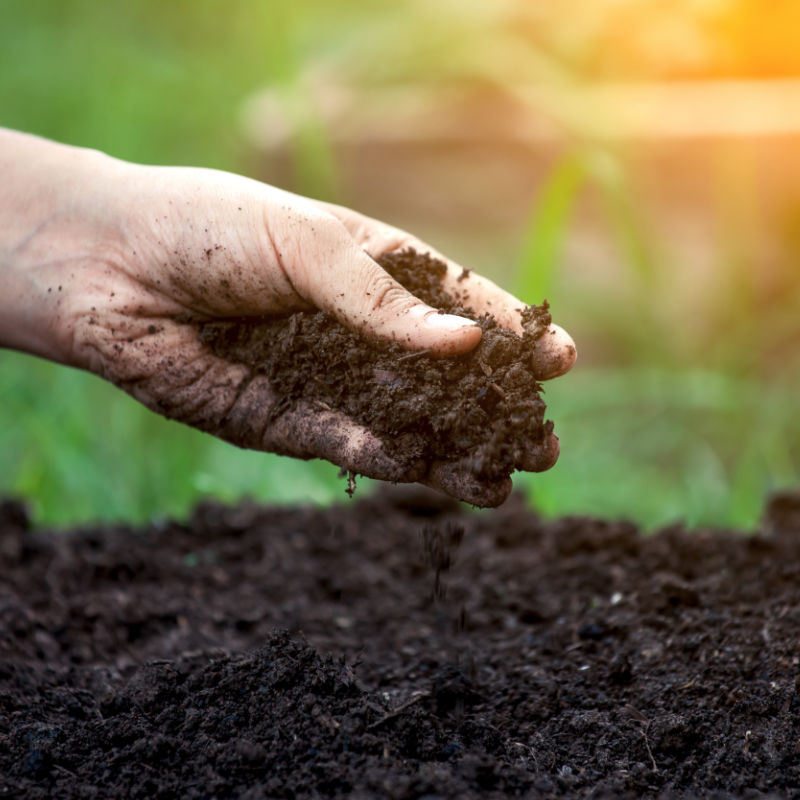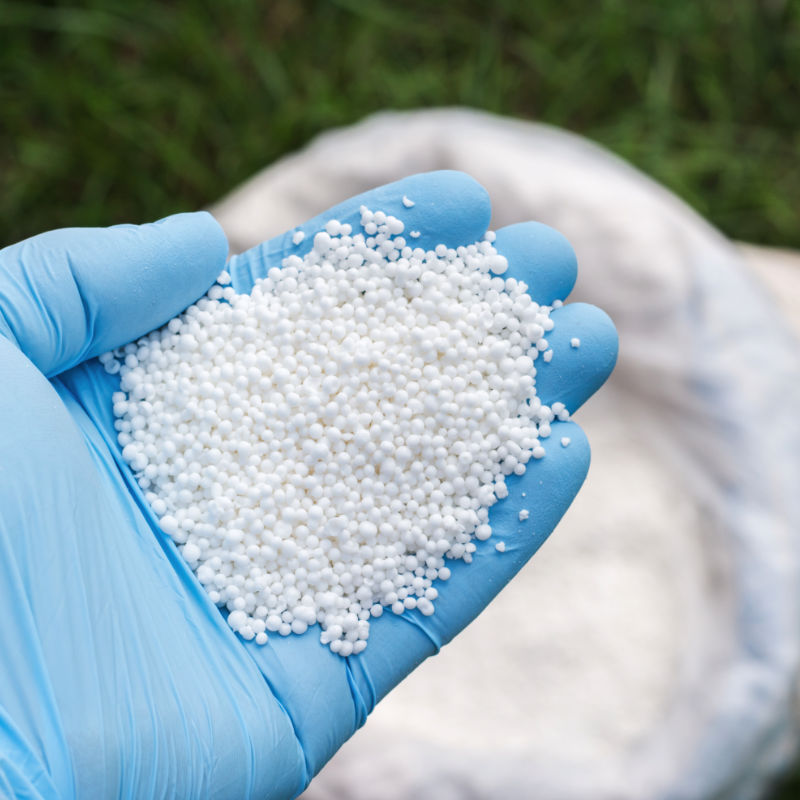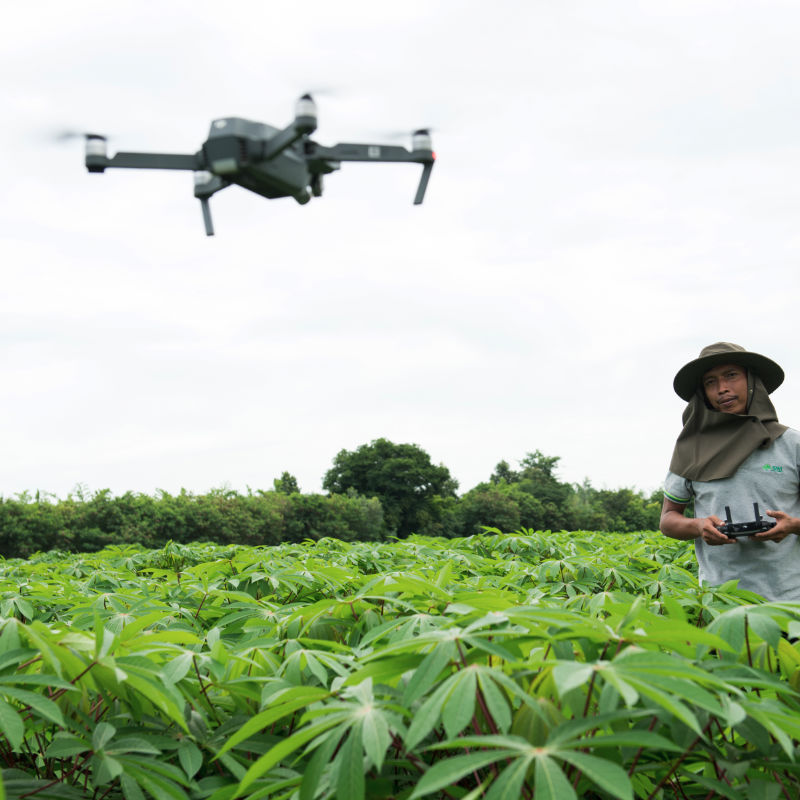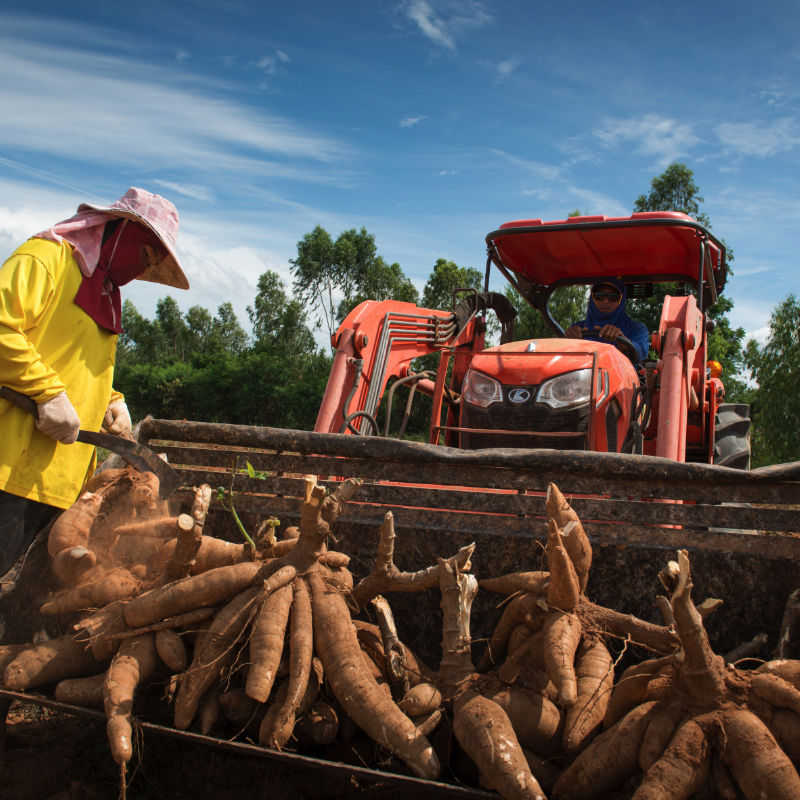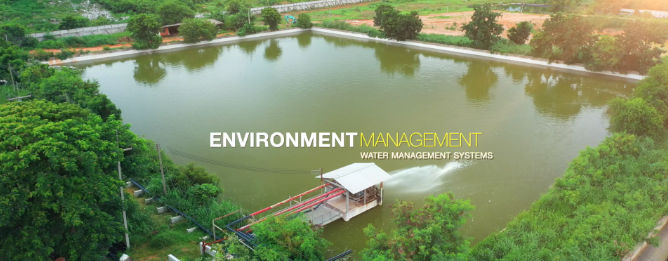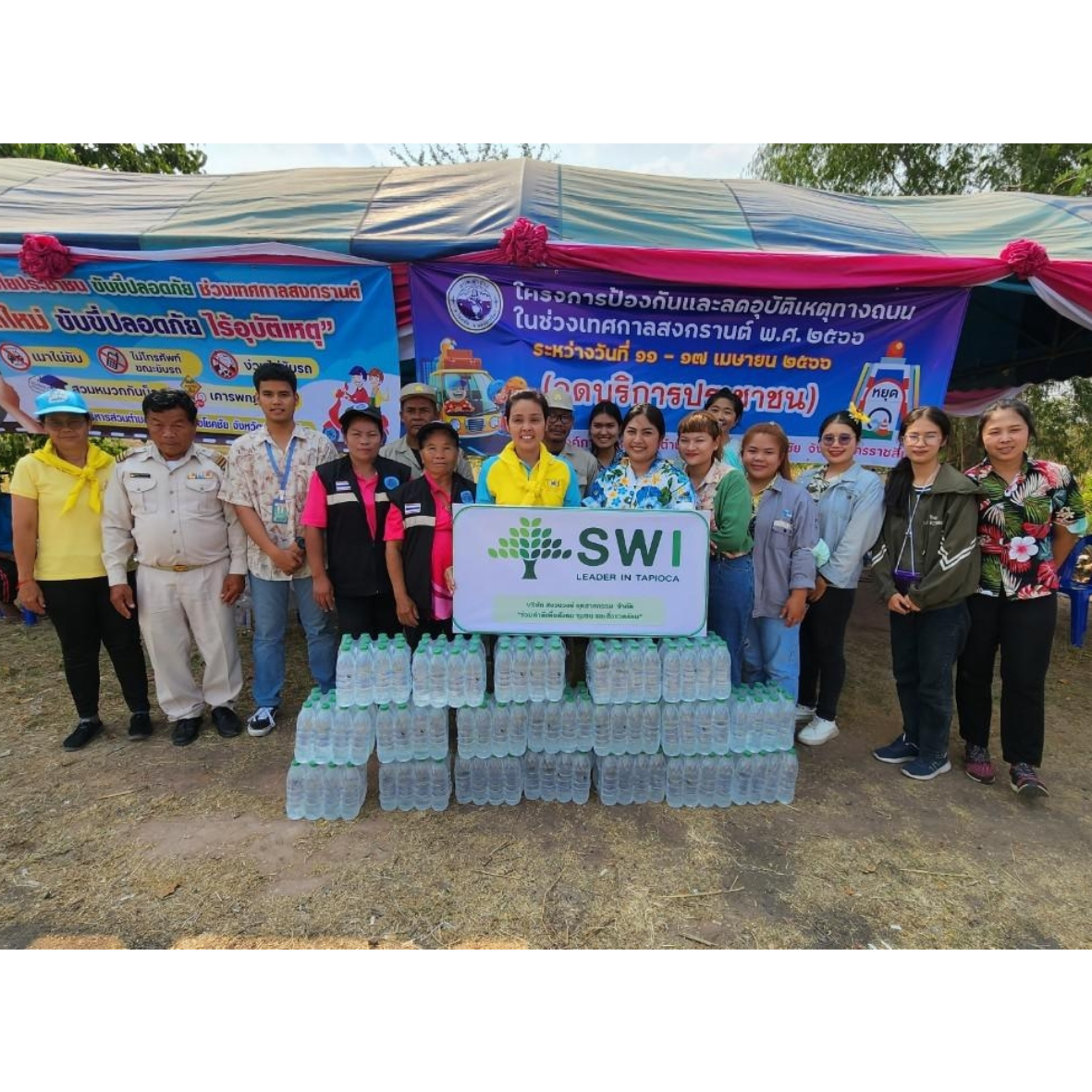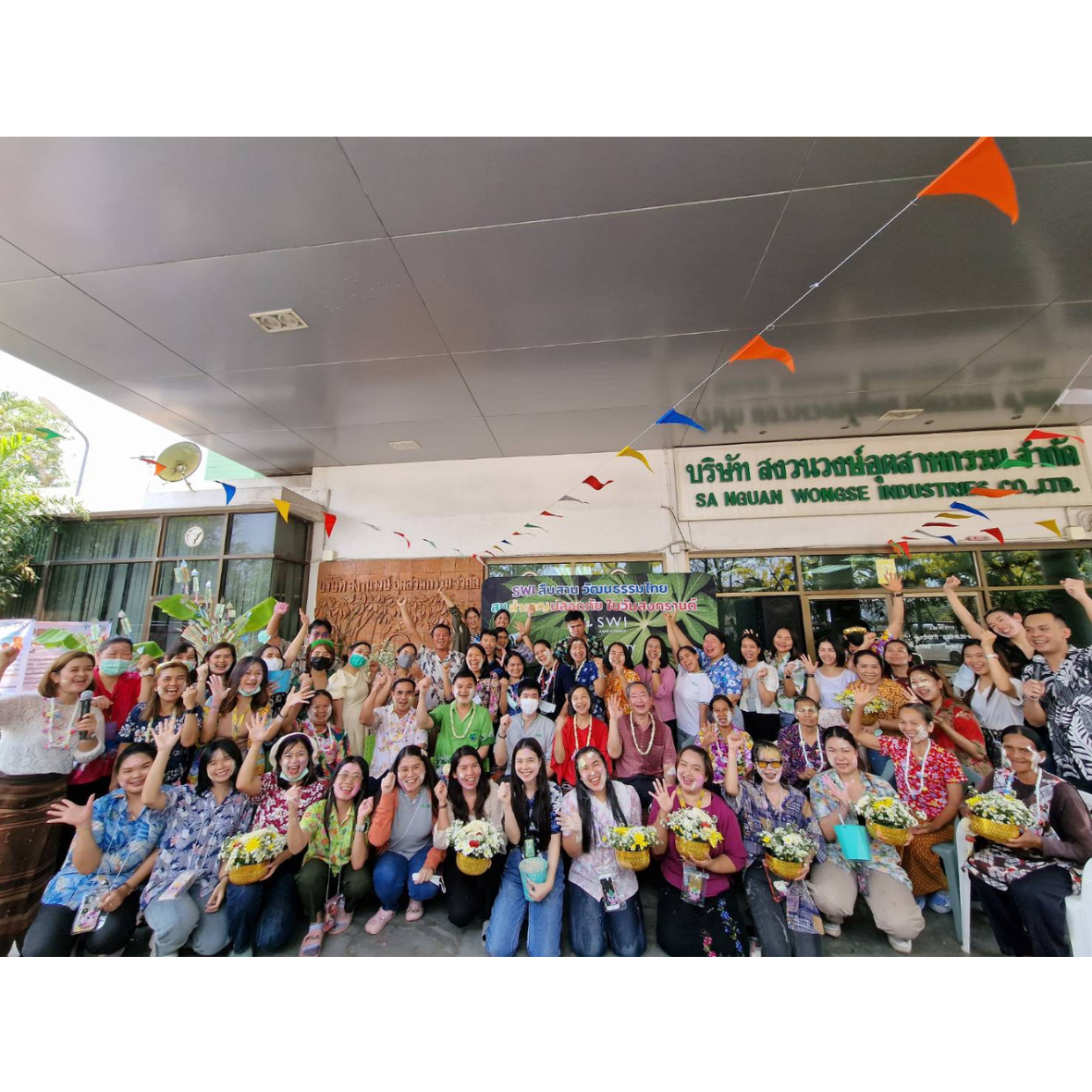07 Feb 6. Pest Infestation in Cassava Plantations
The common pests infesting cassava plantations include mealybugs and red mites; those feed on plant sap from various parts such as leaves, shoots, and buds. In the case of premature cultivars, it may result in small tuber size or death. Through collboration with Suranaree University...
